Scottish Government
The Scottish Government (SG) introduced legislation in April 2016 that put in place a requirement for public sector health and social care providers to integrate adult health and social care services. The SG’s Technology Enabled Care and Digital Healthcare Innovation Division was tasked to deliver the national Technology Enabled Care Programme which supports the adoption and scaling up of cost-effective deployments of technology in support of integrated care delivery. The TEC Division also supports Scottish stakeholders to engage in EU funded research and innovation projects in support of this agenda. The SG Team has been involved in several EU funded projects, Momentum, CASA, SmartCare, Mastermind, United4Health (Co-ordinator), ACT, SCIROCCO (Co-ordinator) and mPower (Co-ordinator). SG is a 4 Star EIPonAHA Reference Site and is a co-ordinator of the B3 Action Group on Integrated Care.
Contact: Donna Henderson, Head of International Engagement

OptiMedis AG
OptiMedis AG (OM) is a population health management company that develops regional integrated delivery systems to improve population health, patient experience, and costs, with a focus on patient activation and self-management. OptiMedis AG manages a group of regional Integrated Care Delivery Systems located in different parts of Germany and serves as a research and performance management institute to these regional delivery systems. Its model for regional population health improvement has been recognised by many EU best practice awards and received international attention amongst policy makers and managers pursuing the Triple Aim. Optimedis has been involved in national and EU projects including: INVEST Billstedt/Horn; EU H2020 Research & Innovation Action – Comparing the effectiveness of self-management interventions in 4 high priority chronic diseases in Europe; INSEA – Self-Management Support Programme pilot; A Training Network for Health System Performance Professionals - Health Pros; and Project INTEGRAL.
Contact: Dr Oliver Gröne, Vice Chairman of the Board

Puglia Regional Agency for Health and Social Care
Puglia Regional Agency for Health and Social Care (AReS) is the strategic technical support of the Regional Government’s Healthcare Department and is responsible for organising healthcare services for the entire region. AReS Puglia has substantial experience with management of the European projects, including running the Interreg IIIA – Italy- Albania Axe II – Environment and Health – 2.2 Healthcare System. Most recently, it has been involved in 4 EU projects: Credits4health, CareWell, ASSEHS and SCIROCCO, which relate to health promotion, management of chronic patients, ICT and sustainability of healthcare systems, risk stratification and validation of tools to support assessment processes, evaluation of impact, and health inequalities. AReS Puglia has had a co-ordination role in the EIP on AHA B3 Action Group on Integrated Care since 2012 and joined the Puglia Region Reference Site commitment in 2016.
Contact: Elisabetta Graps, Head of Integrated Assessment of Healthcare Systems

Kronikgune – Institute for Health Services Research
Kronikgune (Kronikgune) is an Institute for Health Services Research that promotes and carries out management and organization research on health and socio-health services. Kronikgune performs health policies and services evaluation, intervention models development, dissemination and the analysis of health services’ change and implementation.
Its scientific research programme is aligned with the policies of the Basque Department of Health, that pursue the continuous adaptation and transformation of the health system by keeping people at the center of the system and addressing the challenges derived from aging, chronicity and dependency.
Its expertise lies in the analyses for health promotion strategies; study of stratification models and their usefulness to predict patients’ needs and adequacy of resources; design of personalized care; best models and management services for integrated care; strategies and advanced methods of decision making, organisational transformation and innovation, including research in developing new products and technologies for e-health (diagnosis, support, monitoring, coordination).
Kronikgune is experienced in the coordination and management of European projects and Joint Actions mainly related to research and implementation of innovative health care delivery integration systems. These include ASSEHS, SCIROCCO, ACT, ACT@Scale, Advantage, Chrodis-Plus, EIP on AHA (B3 Action Group on Integrated Care), CareWell, Upright, SmartCare, Mastermind and C3Cloud.
Contact: Esteban de Manuel Keenoy, Director

Pavol Jozef Safarika University in Košice
The Department of Social and Behavioural Medicine (SBM), Faculty of Medicine, Pavol Jozef Safarik University in Košice (UPJS) brings together innovative research, engagement, and training that advances social and behavioural medicine, influences health policy, and develops professional skills for the delivery of better health and social care in the community. SBM conducts basic, clinical, and translational research contributing to biobehavioural and psychosocial innovations in chronic condition management, non-pharmacological interventions, health behaviour change, and improvements in quality of life. It promotes the development and implementation of person-centred, integrated models of care. The team has participated in a number of EU funded projects targeted at chronic conditions, e.g. ICARE4EU, HealthProElderly, IMCA II, EURO-URHIS2, OptiWork. SBM is also active in knowledge translation, focusing on translating research into practice and policy in the field of integrated care and strengthening public health systems. At national level SBM provides consultancy for the Ministry of Health of the Slovak Republic and the WHO Country Office in Slovakia.
Contact: Dr Iveta Nagyova, Head of Department

Polibienestar Research Institute - University of Valencia
Polibienestar is a Public Research Institute of the University of Valencia (UVEG) . Polibienestar has a large team of researchers with national and European experience in health and social policies, combining disciplines such as medicine, psychology, economics, sociology, social work, political science and law. Polibienestar carries out research, innovation and social technology, technical advice and training in the fields of public policies and assessment. It advises stakeholders in the design, planning and implementation of health and social policies and services. Polibienestar participates in European networks such as EIP on AHA: the B3 Action Group on Integrated Care and the D4 Action Group on Age Friendly Communities where it leads the ICT group. Other projects include: APPCARE, Urban Health Centre 2.0, ASSEHS, AFEINNOVET, CAP4ACCESS, HOST. Polibienestar has a strong leadership capacity in (a) policy recommendations and guidelines on the promotion of integrated care and healthy ageing; (b) use of assessment tools in health and care systems; (c) identification, analysis and evaluation of policies, programmes and interventions; (d) detection, design and assessment of good practices in active and healthy ageing, integrated care and independent living.
Contact: Jorge Garcés Ferrer, Director
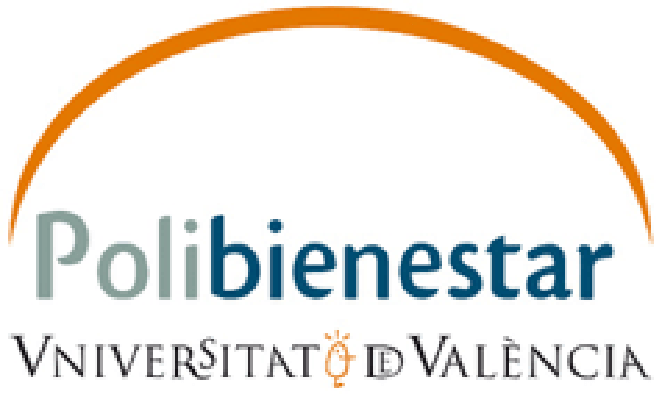
Vilnius University Hospital Santaros Klinikos
Vilnius University Hospital Santaros Klinikos (VULSK) is one of the biggest teaching hospitals in Lithuania covering a region with a population of 1.2 million inhabitants. It provides all levels of care (primary, secondary and tertiary) in all medical fields. Centre of Family Medicine provides primary health care services to more than 10, 000 citizens, with approximately 34, 000 visits a year. An electronic patient record system has been available for more than 15 years enabling storage of all patient data, images, appointments, surveillance. E-health solutions such as e-prescription, patient summary and other were launched in 2017. VULSK has over 10 years’ experience of participating in EU and national projects, therefore it is capable of sharing knowledge and learning about care models across different settings throughout the region as required.
Contact: Elena Jureviciene, MD, Head, Centre for Competencies and Biomedical Research
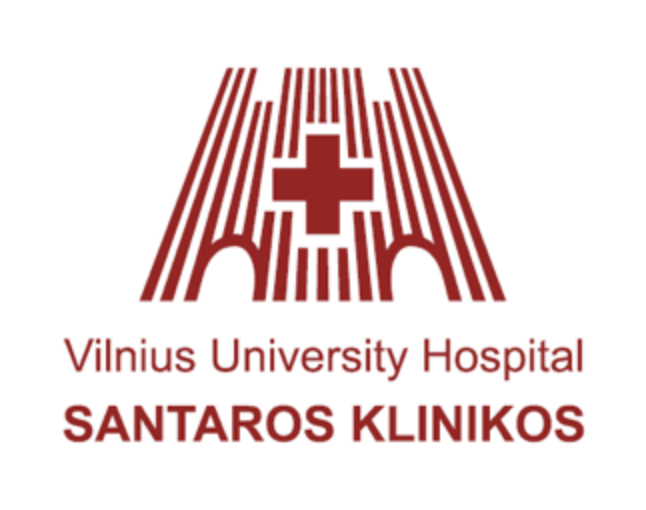
University of Edinburgh
The University of Edinburgh (UEDIN), School of Informatics contributes 10% of the UK’s world-leading research in Computer Science and Informatics. It delivers more internationally-excellent or world-leading research than any other UK University. UEDIN is also one of the founding partners of the Alan Turing Institute and has an extensive portfolio of interdisciplinary projects working on big data in health. In the College of Medicine and Veterinary Medicine, the Usher Institute for Population Health Informatics hosts one of the Health Data Research UK centres that is developing the capacity to support UK Health Research by making anonymised routinely collected health data available to researchers. UEDIN also engages in various European networks and projects, most notably the EIP on AHA and B3 Action Group on Integrated Care where UEDIN was a leading contributor to the Group’s development work on the B3 Maturity Model for Integrated Care.
Contact: University of Edinburgh, School of Informatics

Assembly of European Regions
The Assembly of European Regions (AER) is the largest independent network of regions in wider Europe, gathering regions from 35 countries – from Norway to Turkey and from Russia to Portugal. AER performs many activities in the field of innovation in health and social services, with a network dedicated to eHealth issues. AER’s e-he@lth network helps regions embrace innovation and the potential offered by ICT in health and social care. The network adopts a multi-stakeholder approach and encourages regional politicians from AER member regions to cooperate with their local stakeholders in order to further develop and successfully deploy ICT for health. At the European level, AER is actively involved in the EIPonAHA B3 Action Group. AER has experience in EU funded projects and has led work packages related to the sharing of good practices and knowledge transfer. It created a “regional peer review” methodology to foster knowledge transfer among regions and their stakeholders. AER is experienced in communication and raising awareness through web channels and events, reaching regional stakeholders.
Contact: Agnese Pantaloni a.pantaloni@aer.eu
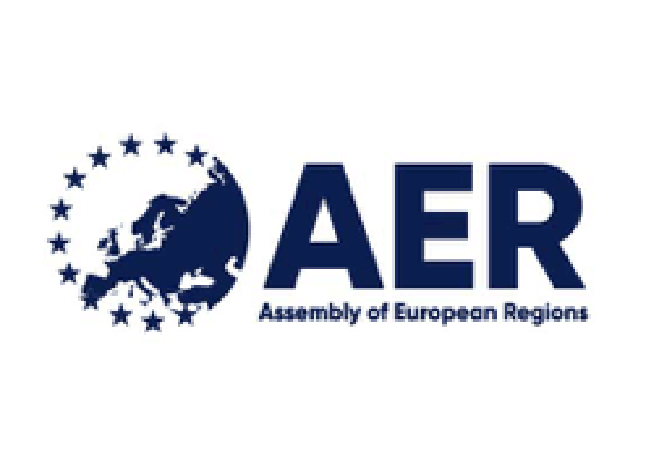
National Health Fund, Poland
National Health Fund (NFZ), Poland is a state institution that finances healthcare benefits from contributions paid by people insured in the NFZ. Scope of the NFZ activity comprises management of financial resources, determination of quality and accessibility and analyzing health care costs, contracting and financing health care services, implementation of commissioned tasks, in particular those financed by the Minister of Health, monitoring of drug prescription, health promotion and maintaining the Central Register of the Insured.
The Fund has long term experience in international cooperation and has been involved in several European projects financed from various sources such as Financing Memorandum National Programme for Poland II, 7th Framework Programme, Human Capital Operational Programme and WHO initiatives, for example:
- Academy of National Health Fund (2011-2015); focus is on training for healthcare professionals training, patients’ rights, principles of contracting of healthcare services, preparation and provision of e- learning portal and platforms;
- Reducing social Inequalities in Health (2014-2016); focus is on the development of e-learning training for public health;
- Sweet Pregna and CanCell Cancer (2016-2017); focus on the development of mobile applications for pregnant women suffering from cancer;
- OOK NFZ and OOK NFZ POZ PLUS (2015-2021); focus is on preparing a systemic change in the scale of coordinated care and a pilot project in terms of patient care in primary health care, including research and disease management.
Contact: Katarzyna Wiktorzak
Agata Szymczak
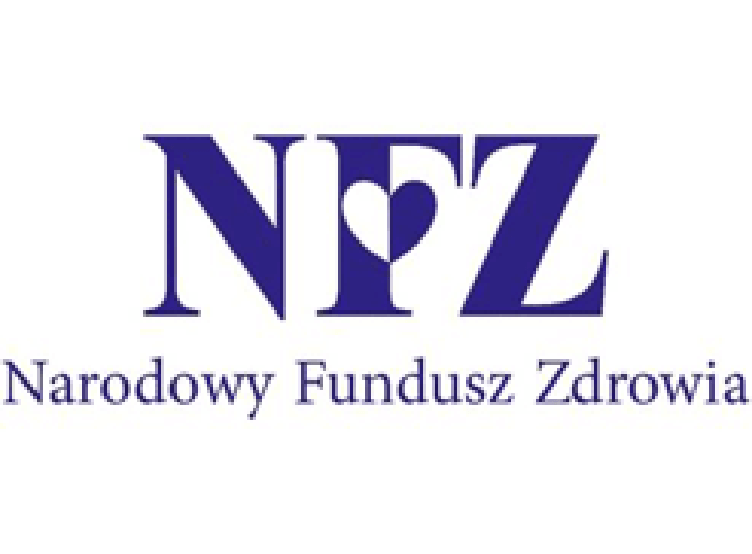
European Health Telematics Association
European Health Telematics Association (EHTEL) is the leading forum for decision makers and implementers in Europe, engaged in supporting the transformation of the health and care practice in Europe through digitalisation. The association brings together a wide range of constituencies crucial for the improvement of health and social care with health IT. They include: national and regional health authorities; health institutions; public and private insurance providers; health professionals and managers; patients, citizens and consumers; industry; and researchers and academics. EHTEL provides its members with a platform for information, representation, networking and co-operation. With EHTELconnect (www.ehtelconnect.eu), it draws on the expertise of its highly experienced, multi-stakeholder membership to offer expert advice and services tailored to the needs of individuals and organisations working in the field of digital healthcare.
Contact: Diane Whitehouse

The Flanders Agency for Care and Health
The Flanders Agency for Care and Health (VLO) is the public authority responsible for all aspects of health that are by Belgian law devolved to the regional level. Belgium had several State Reforms and the last of 2014 gave the opportunity to reform the organisation of the primary care. Flanders had already competences for wellbeing policies and the political decision was taken to integrate both health and social care in this process. A primary care vision and strategy was endorsed in February 2017 and is now in full implementation. 2019 is the target year to have structures, organisation and financing of person-centred care integrating health and wellbeing ready. The Agency worked together with their regional colleagues of the other countries in integrated care. Colleagues learned from the experiences of international organisations and from regions that were in a further process. The Agency and the Cabinet of the Minister of Wellbeing, Public health and Family has applied the SCIROCCO tool as a means of a fast assessment to start up some of the projects and programmes of the reorganisation.
Contact: Solvejg Wallyn, Policy Officer, International Affairs Health; solvejg.wallyn@zorg-en-gezondheid.be
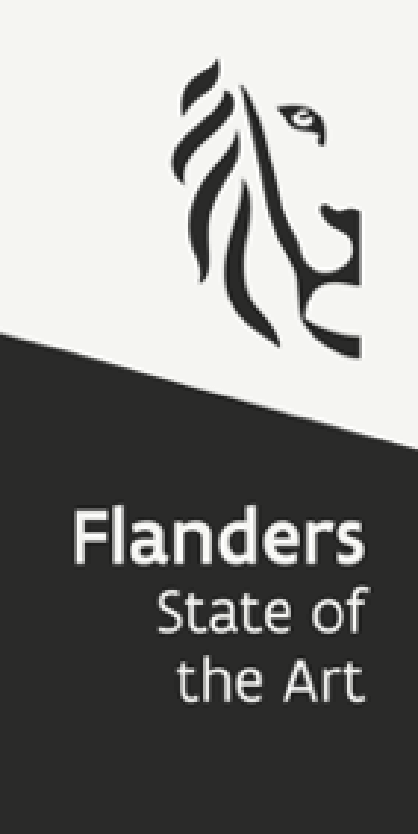
Osakidetza
Osakidetza (Osakidetza) Osakidetza is the public healthcare system of the Basque Country, a Region located in the north of Spain. Osakidetza was created by the Basque Government in 1983. All the public hospitals and primary care of the Basque Country belong to Osakidetza. The Department of Health, is the political Health Authority responsible for top planning, budgeting, monitoring and evaluation decisions.
Between 2010 and 2016, Osakidetza has progressively moved from an Organisation with 7 Primary Care areas, 11 Acute Hospitals, 3 Sub-acute Hospitals, 3 Mental Health Organisations and 4 Psychiatric Hospitals, to an organisation of 13 Integrated Health Organisations. Primary Care and Hospital Care providers within a defined geographical area are integrated in one integrated care organization. Three Mental Health Networks bring together out-of-hospital mental health devices and psychiatric hospitals in each province. Osakidetza has other organisations: 2 Intermediate Care Hospitals, the Emergencies´ Service, the Basque Centre for Human Transfusions and Tissues, Osatek S.A. (dedicated to high level imaging facilities and equipment). A dedicated non for profit oncological hospital, Onkologikoa Fundazioa Foundation, is also associated with Osakidetza.
Osakidetza has experience with the management of the European projects, mainly through its participation in United4Health, MasterMind, ASSEHS, SCIROCCO, ACT@SCALE, C3CLOUD, CHRODIS+ and CAREWELL projects.
Contact: Igor Zabala Rementeria, Servicio de Integración Asistencial y Cronicidad (SIAC)
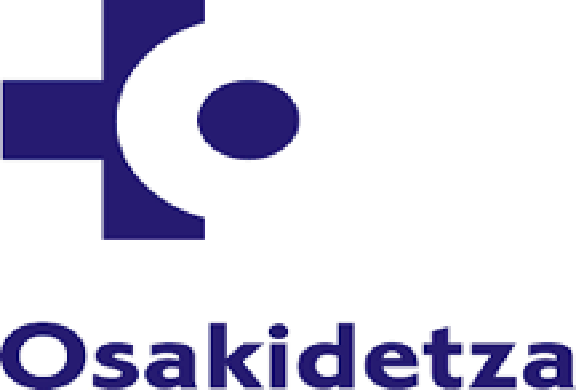
The Social Protection Institute of the Republic of Slovenia
The Social Protection Institute of the Republic of Slovenia (IRSSV) was founded in 1996 by the Republic of Slovenia with a remit to carry out executive rights and obligations on behalf of the Ministry of Labour, Family, Social Affairs and Equal Opportunities (MLFSA). The IRSSV creates and maintains a variety of databases for social assistance and social services including development and implementation of experimental programmes. The Institute monitors the implementation of a number of governmental programmes through establishment of specialised systems of indicators and provides informational support for the data collection and data analysis. For the purpose of effective decision-making it provides expert opinions on a number of government measures and advises the MLFSA. The institute is experienced in evaluation, monitoring and mapping of community and institutional services in the national context.
Contact: Barbara Kobal Tomc, Director
